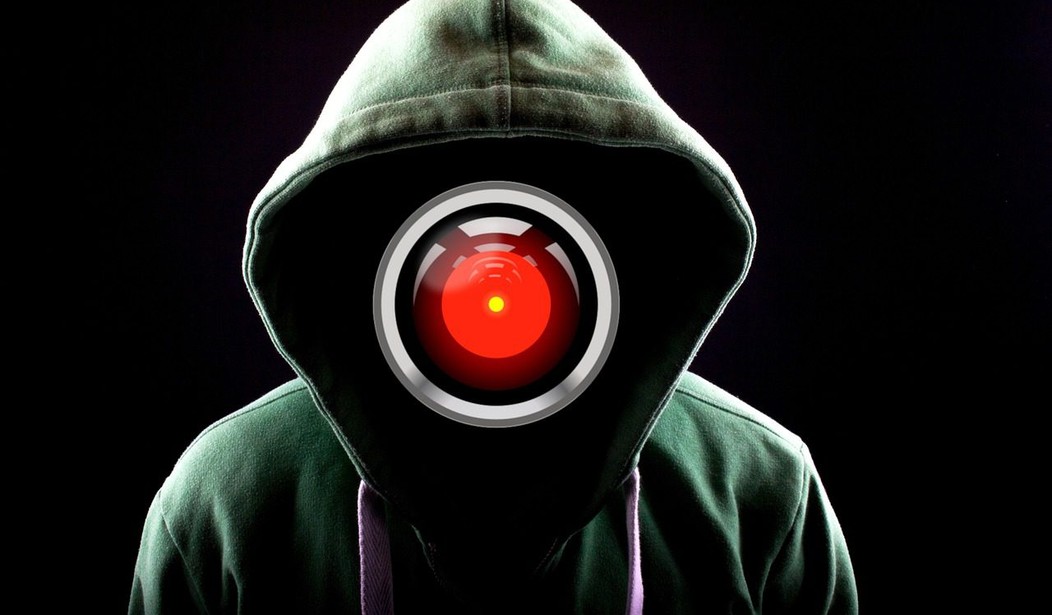If I had no opinion of Jim Acosta before he decided to "interview" an AI version of a Parkland victim, I'd definitely have one now. It's pretty clear he's a disgusting example of a human being.
But he's also more of a symptom than the problem.
See, the real issue is something that Tred Law hits on over at Ammoland recently.
On Acosta’s AI stunt, fake victims, and why freedom doesn’t need deepfakes to survive.
I am still disturbed by Jim Acosta’s “interview” with an AI-generated school shooting victim, and it is the perfect exhibit for the Smithsonian’s Gallery of National Decline. Put it next to TikTok dances in congressional hearings, AI Biden robocalls, and whatever’s left of CNN’s credibility.
For those lucky enough to have missed it: Acosta — the former CNN White House correspondent turned YouTube straggler — trotted out a chatbot imitation of Joaquin Oliver, one of the Parkland victims. On what would’ve been Joaquin’s 25th birthday, Acosta asked his digital puppet about gun violence and politics. Imagine a Halloween animatronic muttering canned lines, but with tragedy grafted onto its pixels.
It was as bleak as it sounds.
The Exploitation of Grief
Let’s be clear: the pain of parents who lost children is real, unbearable even. But what Acosta and his media allies are doing here isn’t about comfort or remembrance. It’s about weaponizing grief for gun control theater. These AI “resurrections” aren’t bridges to healing — they’re props in a never-ending push to restrict the rights of millions of law-abiding Americans.
Gun-control groups have tried everything — lawsuits, bans, even vilifying common rifles as “weapons of war.” When that doesn’t move the needle, the fallback is emotional manipulation. Now, with AI, they’ve hit a new low: manufacturing digital ghosts to lobby Congress.
Grief and emotion have always been the primary tools for gun control groups to push their agenda. They do the whole "think of the children" thing and bring up survivors of mass shootings, relatives of victims, and turn many of these people into celebrities. No one would know who Manuel Oliver or Fred Guttenberg were if they didn't. David Hogg would be a state-college reject still trying to figure out what he wants to be when he grows up.
Instead, they're well-known names with a national profile, all because they've been held up as the martyrs for the cause.
Taking the AI approach is grotesque, but they almost had to do something because they played their grief and anguish hand too many times, and frankly, we're just not moved by it anymore.
It's not that we're ambivalent to the loss these people endured. I have as good a notion as anyone can of what they experienced without losing a child to such an incident. Of all the people I know, only Ryan Petty has a better understanding of that pain. I lost a dear friend to such an event. It's not the same thing, though. It hurt and raised questions in my mind for a minute, but it wasn't my child.
Yet despite that, more and more people understand that the Second Amendment can't be thrown away because of tragedy, nor is the Second Amendment at fault. In so many of these cases, things could have been done well beforehand, and they weren't. We see this and recognize it, so the emotional triggers anti-gunners love to use aren't working.
They weaponize grief and pain, and the weapons stopped working.
So they have to up the ante. They can't really do anything else.
They talk about data-driven solutions, but even RAND, which is a left-leaning think tank, says the so-called research that created that data is terribly untrustworthy in most cases. Every claim they throw out gets smacked down by RAND's findings.
That means they have to step up their weapons. That means using AI in troubling ways, all while pretending they're the moral ones.








